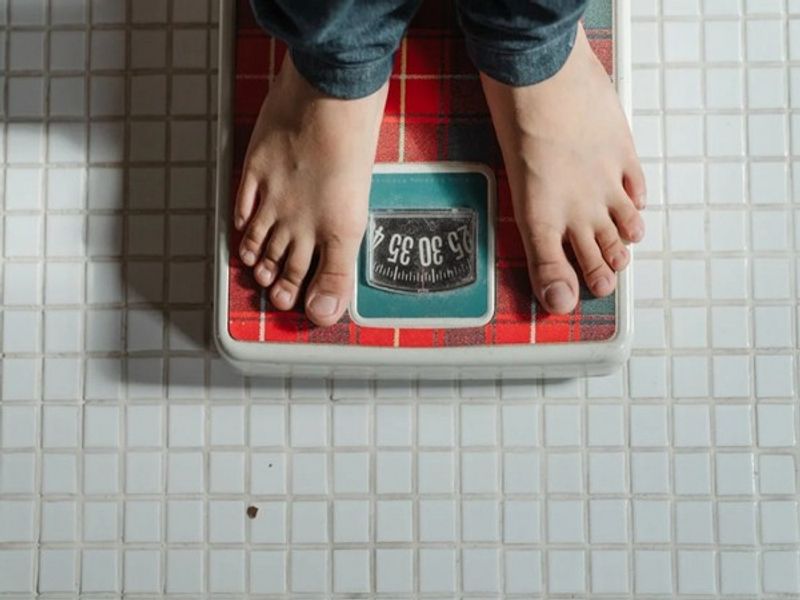New trending diets are always a hot topic when it comes to weight loss. From keto and intermittent fasting to paleo, the list never ends. The latest buzzword is anti-inflammatory diets, with fitness influencers and celebrities like Vidya Balan and Samantha Ruth Prabhu raving about it.

Celebrity nutritionist Rujuta Diwekar, who has worked with stars like Kareena Kapoor, recently took to Instagram to share some insightful facts about the anti-inflammatory diet. Here’s what you need to know before giving it a try. (Also read: Kareena Kapoor’s nutritionist Rujuta Diwekar reveals her top 3 tips for perfect glowing skin this festive season )
In her video, she begins by addressing how the weight loss industry introduces a new diet every five years, making people believe it’s a cure-all for their health issues. “Currently, that diet is the anti-inflammatory diet,” she states, adding, “Everyone is convinced there’s a lot of inflammation in their body.”
What is inflammation?
Rujuta explains, “Inflammation is a normal process in the body that allows healing and tissue repair. You need that inflammation. However, it should reduce over time.” She emphasises that no single food, solution, or diet can eliminate inflammation entirely. “Your entire lifestyle plays a role in managing it, ensuring that inflammation occurs when needed and then settles down afterwards,” she adds.
How to manage inflammation effectively?
1. Eat home-cooked food
Rujuta emphasises that regulating the body’s inflammatory response requires more than trendy diets or quick fixes like seed meals, smoothies, turmeric water, or juice cleanses. “A single intervention won’t help,” she says. Instead, focus on eating home-cooked food that has a name in your native language. She highlights the importance of eating at the right time and avoiding distractions. “Switch off the TV, WhatsApp, and Instagram while you eat. This is the first step,” Rujuta advises.
2. Exercise regularly
Exercise plays a crucial role in regulating the body’s inflammatory response, but balance is key. Too much or too little exercise can lead to chronic inflammation in the long run, warns Rujuta.
What kind of exercise should you do?
Rujuta advises focusing on workouts that allow your body to recover effectively. “Don’t think, ‘I’ll exercise so much today that I’ll look thin in three days.’ That won’t happen. Instead, you’ll end up bedridden,” she says. The goal should be to exercise within limits that your body can handle and recover from efficiently.
3. Prioritise sleep
Sleep is often the most underrated aspect of recovery and the ageing process, yet it’s critical for overall well-being. Rujuta emphasises the importance of maintaining good sleep hygiene. She advises, “Don’t go crazy in your 40s. Late nights are harmful to the body. During your teenage or 20s, it’s not as harmful as it is in your 40s, 50s, and 60s. Prioritise sleep and that will keep you happy and calm.”
4. Manage stress
Stress plays a significant role in how the body handles inflammation. Caring for yourself and avoiding unnecessary stress is essential. Rujuta advises, “Lastly, but most importantly, don’t pay too much attention to what the public around you is doing—what diet they’re on or what they’re saying. This way, you won’t keep falling prey to every new fad in town.”
Disclaimer: This article is for informational purposes only and not a substitute for professional medical advice. Always seek the advice of your doctor with any questions about a medical condition.



